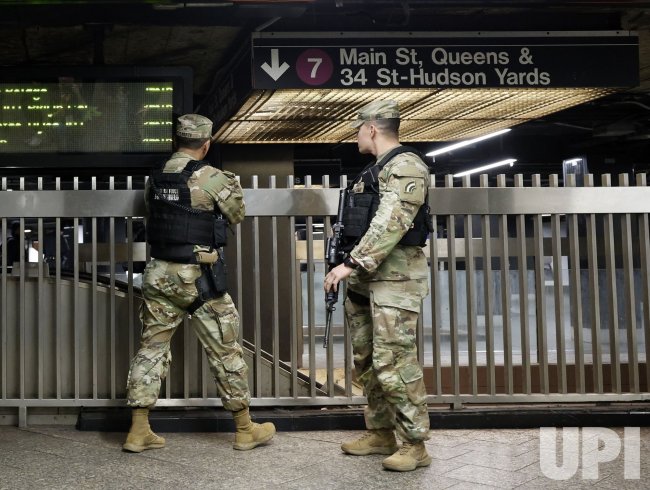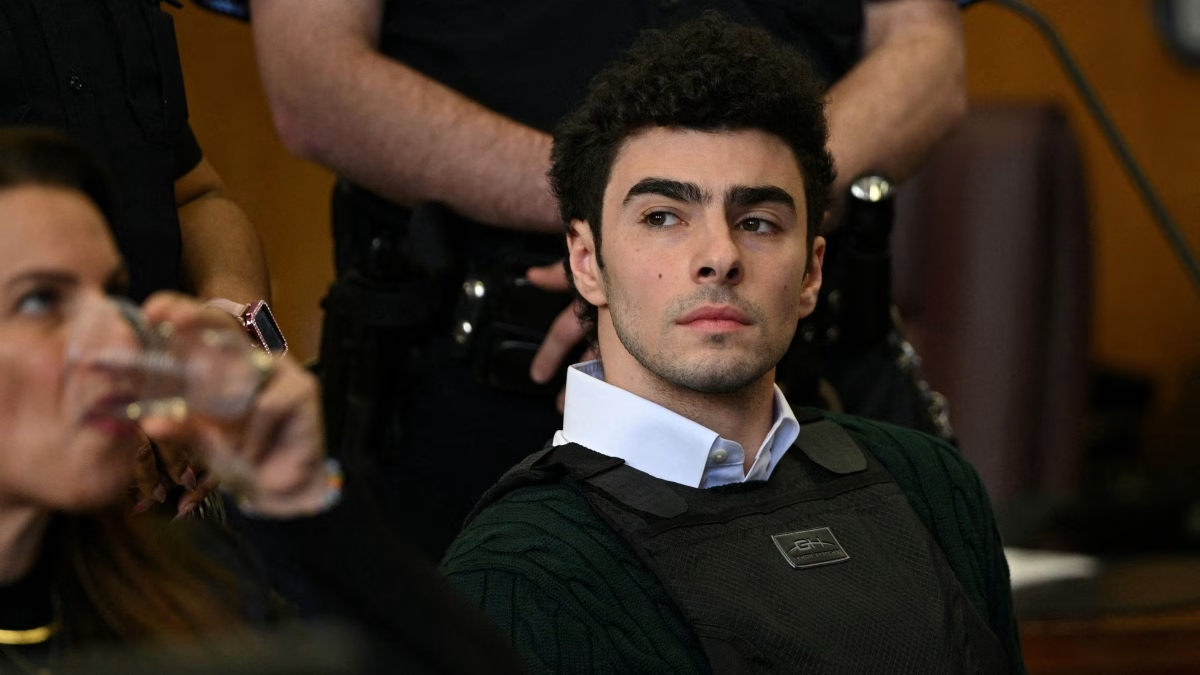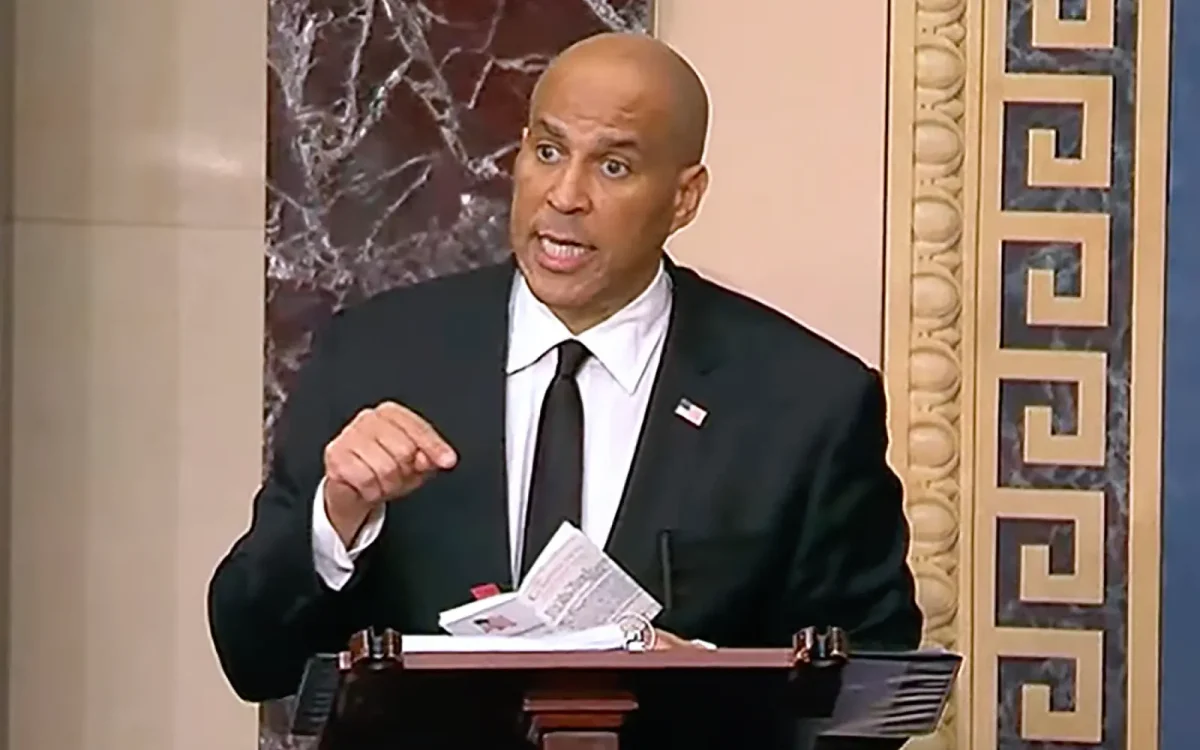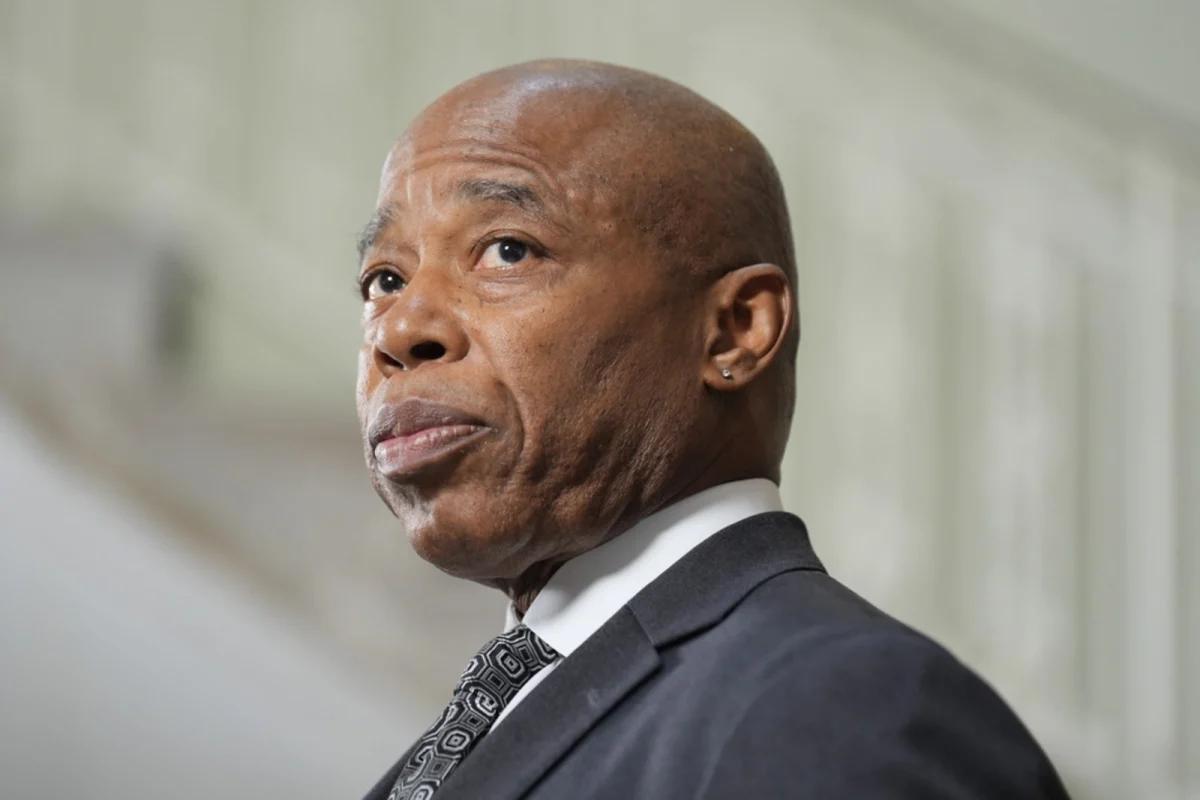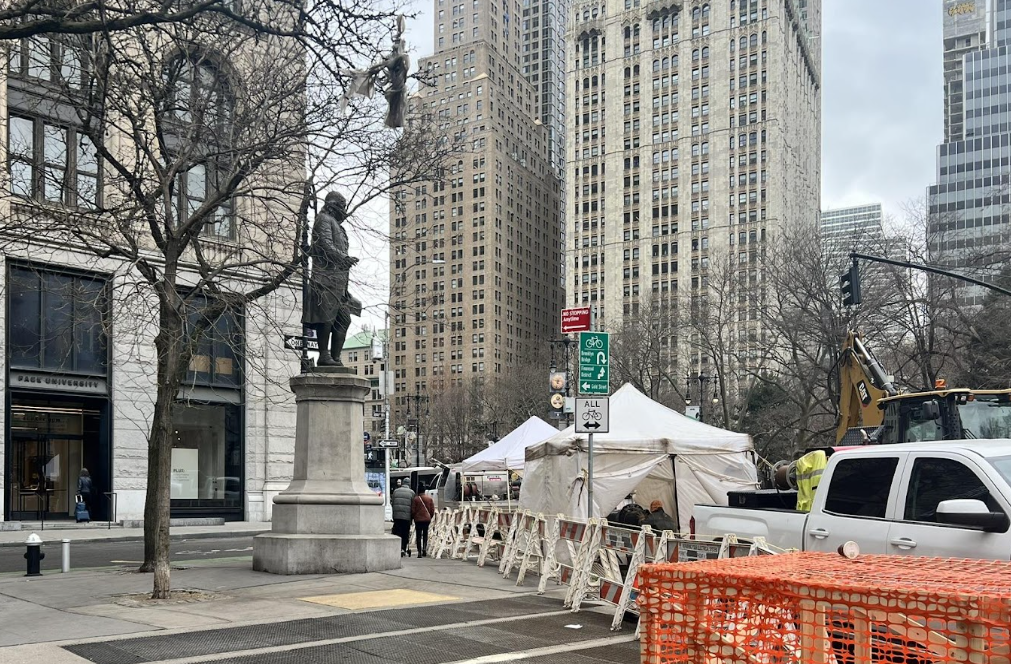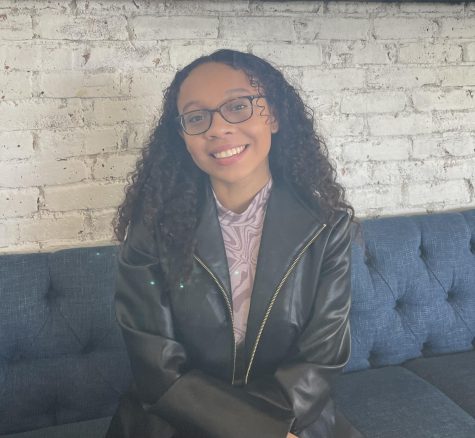On Mar. 6, Governor Kathy Hochul announced the plan to send 1,000 National Guard, state police and transit officers to subway stations to patrol and conduct random bag searches. The plan has garnered much backlash and criticism from New Yorkers who feel it would not prevent crime. Since the announcement and implementation, incidents such as the Hoyt-Schermerhorn subway shooting have helped increase this backlash. The National Guard will be at transportation hubs such as Grand Central Terminal, Port Authority Bus Terminal and Penn Station.
According to NYPD data, the NYC subway has seen a 13% spike in major crimes this year. The city defines major crimes as grand larcenies, such as theft, homicides, robberies, and assaults. In Feb., Mayor Eric Adams ordered an additional 1,000 New York Police Department (NYPD) officers to patrol subway stations. However, this has not helped lower crime. For example, a female conductor on the 4 train was hit by a glass bottle while the train was leaving the station. As of now, they have not found the man who did it. In an interview with FOX 5 News, Gov. Hochul says the deployment of the National Guard is planned to be a “deterrent” for criminals on the subways.
The National Guard sent to the city is part of the New York Army National Guard, comprising 10,400 soldiers. During the lockdown, many were sent to deal with COVID-19-related issues, such as checking temperatures and working in vaccine clinics. Recently, 2,000 soldiers were sent to deal with the migrant crisis in the city. Bag checks have been a policy implemented at major transportation hubs, such as Port Authority Bus Terminal, since 2005. Periodically, police will stop someone and check their bags. This was implemented after a terrorist attack on the London Underground train, which killed 52 and injured 700.
The random searches are intended to prevent crimes on the subway. Many New Yorkers do not feel any safer, even with the presence of the National Guard. On Mar. 14, there was a shooting at the Hoty-Schermerhorn station in Brooklyn. One man, the perpetrator, died, while another was critically injured. After the footage of the shooting was released, many criticized the NYPD for not stopping the situation despite heavy police presence at the station. Like many subway stations, Hoyt-Schermerhorn station has a police station on the platform. When commenting on the situation, NYPD Chief of Transit Michael Kemper said, “It’s very important that it be known that there were multiple police officers in this station, just feet away from when this train pulled in, that actually heard the shots and were on scene within seconds.” Although there is no National Guard presence at this station, many still view this as proof that excessive police presence does not reduce crime.
The National Guard’s random searches have confused and worried New Yorkers about whether this would infringe on Constitutional rights. The Fourth Amendment “protects people from unreasonable searches and seizures by the government,” meaning that subway riders have the right to refuse to be searched. However, officers also have the right to refuse entry. In the same FOX 5 News interview, Gov. Hochul said, “We’re not going to search you. You can say no, but you’re not taking the subway.” The governor’s office stated that the National Guard cannot arrest a subway ride if they find something illegal in one’s possession. However, they could assist the NYPD if there were an immediate threat. Organizations such as the New York Civil Liberties Union have spoken up against the bag searches, saying that Hochul plans to fight crime, not counterterrorism. After the 2005 implementation of bag checks, the organization sued the city to stop the bag checks. However, the program was allowed to continue because it’s used to stop terrorism. Because this new program is made to prevent crime, the organization argues that the city cannot do this without a search warrant or probable cause.
Many see the deployment of the National Guard as a way to target marginalized communities, such as POC. “I don’t think it will lower crime at all. It doesn’t address root causes of crime and opens up even more opportunities for the police to profile and harass POC,” said University student Ellen Haverstick. When commenting on the plan, Gov. Hochul promises New Yorkers that this will not profile POC or be another ‘Stop and Frisk,’ a policy that affected many Black and Hispanic communities. Currently, Gov. Hochul has not announced when this new policy will end.

